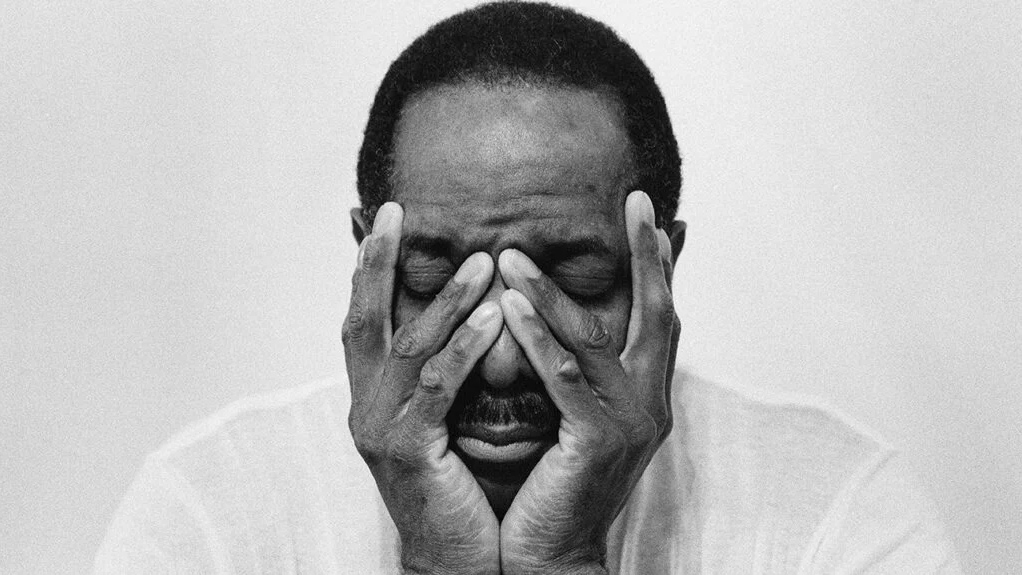
Many a times, we experience periods of, what some may call, ‘the worst that life has to offer’ and incredibly testing situations that have the ability to increase the vulnerability of our overall psychological well-being and mental health. Given the unpredictability of the world we live in, as well as occurrences in our isolated environments, it is almost a given that every once in a while, we will all be put under some sort of ‘mental health test that may, in some cases, push our psychological resources to their very limit.
One key characteristic of mental health is that it is a very sensitive dimension of our being. Therefore, in some cases, it does not take much for it to be irresponsive, respond negatively or even breakdown altogether. This does not bode too well with the fact that anything can happen at anytime, because with that, comes this ‘dangerous’ unpredictability that tends to sneak up on us, unaware. For this reason, mental health advocates tend to preach about how pivotal and helpful that we stay conscious of and very aware of ourselves, not just in a physical sense, but also from an individual mental health perspective - just to stay in readiness for what may happen.
This is not to preach that we should lead lives of pessimism and restrained joy, instead, it is a gentle reminder that plenty of what goes on in and around us and how we process it is the task of our mental health. Therefore, on account of that, we are almost forced into ensuring that we are mentally available, prepared and fit to make rational, effective and meaningful decisions concerning our lives moving forward.
Those that speak in mental health terminologies speak of managing tension and stressful situations as being a form of ‘modern skill’. As a skill, it means it has taken quite some time; some dedication and effort for that individual to grasp and execute psychological habits that he or she uses to take a break from, manage and even get through stress or stressful moments. Our individuality remains constant in this case as well and since we are all built differently, we will all have different ways in which we display this skill or a lack thereof.
The problem with being under stress or going through a stressful period is the fact that, the overriding feelings are plenty - emotional exhaustion, overthinking, disinterest and a general unexplainable tiredness that usually clouds our zeal for day to day fitness for living. It is, therefore, vital that we stock up on psycho-emotional resources like resilience, for instance. There are many other resources we could look to add to our personal catalogues in case a need arises. For instance, sharpening our emotional intelligence, getting familiar with our own strengths and weaknesses which will increase your ability to select social arenas and interactions that work for you. There are plenty more.
All these may take time to gather and learn to use effectively, but they remain very handy tools to have in tow as we move in and around our everyday lives. Self-care is probably the most popularly recommended form of mental health care for obvious reasons; doing what brings you the most peace and joy with the intention of charging up and recovering. As it is, it is highly recommended that we practice some sort of self-care, not only for our own benefit, but also for those around us to be able to experience the best versions of us.
Send comments to runsford0505@gmail.com

No more rushing to grab a copy or missing out on important updates. You can subscribe today as we continue to share the Authentic Stories that matter. Call on +268 2404 2211 ext. 1137 or WhatsApp +268 7987 2811 or drop us an email on subscriptions@times.co.sz